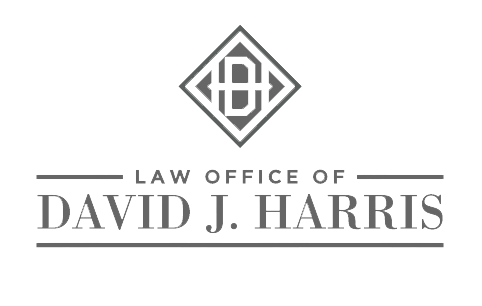A debt is an obligation of someone or some company (a debtor) to pay back money to someone else or to some other company (a creditor).
A debt is unsecured if the debtor has not pledged any property or has not given a property interest to the creditor in support of the debt.
If a creditor holding an unsecured claim wants to be paid what is owed by the debtor, the creditor must sue the debtor, obtain a judgment and then execute by levy or seizure on the debtor’s assets.
A debt is secured if: (A) the debtor has pledged property or has given a property interest in support of the debt (a voluntary secured claim); or (B) the debtor has been sued by the creditor and the creditor has obtained a judgment against the debtor and a lien against the debtor’s property in accordance with the law of the state where the debtor’s property is located (an involuntary secured claim).
The creditor holding a secured claim acquires an interest in, or claim to, the assets that the Debtor pledges or gives or upon assets upon which the creditor acquires a lien. Upon the debtor’s default in paying back the debt, a creditor holding a secured claim can: (A) sue the debtor and proceed against all the debtor’s assets upon the debtor’s failure to pay the debt owed; or (B) sue to repossess the property that is pledged or given or that is subjected to the creditor’s lien.
The advantage to the secured creditor is that the secured creditor gets first priority rights to pledged or secured assets over all other creditors’ claims or actions if the secured creditor “secured” his claim before other creditors secured their claims. Priority is based on “first in time, first in right.” In other words, a mortgage recorded on March 1, 2009 will have priority over a mortgage recorded on June 15, 2009 or a judgment lien acquired on June 15, 2009.
In Pennsylvania, a debt becomes secured by real estate by the signing and recording of a mortgage document in the county court where the property is located.
In Pennsylvania, a debt becomes secured by a vehicle by a designation recorded on the vehicle’s title certificate that is then filed with the state.
In Pennsylvania, a debt becomes secured by equipment, machinery or intangible assets (e.g., securities or receivables) by a physical pledge or by the recording of a UCC financing statement with the state.
In Pennsylvania, a judgment obtained by a creditor acts as a lien or charge on any real estate owned by the debtor in the county where the judgment is recorded.
In Pennsylvania, a judgment obtained by a creditor acts as a lien or charge on any tangible and intangible non-real estate property when the judgment is obtained and the county sheriff levies on the property.
Unique to all is an IRS judgment, which acts as a lien or charge on all property of the debtor of every type, now owned or after acquired, without the need for a specific levy. The IRS, however, is subject to the priority rules discussed above.
Please feel free to call me at (570) 823-9400 at my office in Wilkes-Barre, Pennsylvania or write to me at dh@lawofficeofdavidharris.com, if you would like free information about all that I have discussed.

